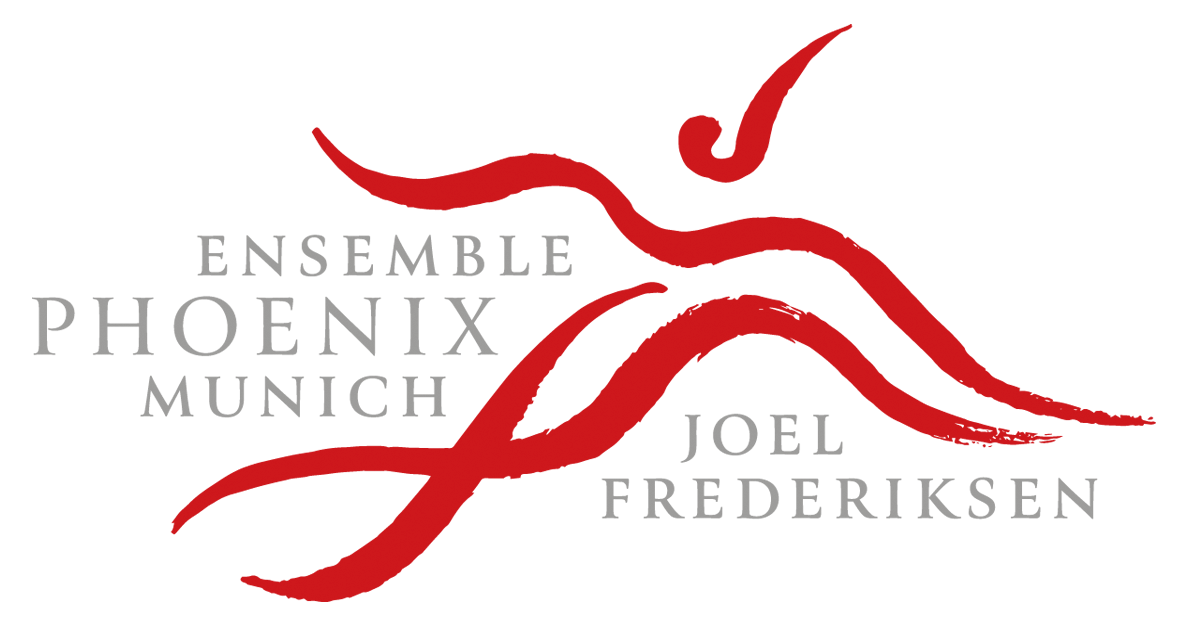Margherita, Settimia and Francesca Caccini - Giulio Caccini's wife and two daughters
l suonatore di liuto (National Gallery of Art). Possibly a painting of Francesca Caccini
3 pm preconcert talk (in German): Dr. Christine Fischer (Basel)
Inspired by the popular female vocal trio "Concerto delle donne" from Ferrara, Giulio Caccini founded a professional female vocal ensemble called "Donne di Caccini" in Florence at the instigation of his prince, in which his second wife Margherita della Scala, his daughters Settimia and Francesca and selected female pupils performed. After a concert at the Parisian court around 1604, the French King Henry VI was so impressed that he wanted to take the "Concerto Caccini" into his service. His efforts failed due to the resistance of Prince Ferdinando de' Medici, who, in order to keep Francesca Caccini, officially employed her as a court musician for the Medici in 1607 with a generous salary. In the 1620s, she was the Medici's best-paid musician: singer, instrumentalist, teacher and composer. The marriage of her sister Settimia and her move to the court of the Gonzagas in Mantua led to the dissolution of the ensemble. Both sisters were not only virtuoso, highly educated singers who accompanied their own singing with lute or guitar, but also composers. Only eight Italian monodies by Settimia with expressive melodies for voice with basso continuo accompaniment survive. Francesca Caccini published her "Il primo libro delle musiche" in 1618, a collection of thirty-six solo songs and soprano-bass duets. Her only surviving stage work "La liberazione di Ruggiero" is considered to be the first surviving opera by a female composer.
Giulio Caccini published his groundbreaking book "Le nuove musiche" in 1601. "The new music" and the treatise at the beginning of the book, in which Caccini explains the new style, influenced composers throughout Europe. Caccini accompanied himself with the chitarrone, probably sang tenor and wrote pieces for "tenor exploring the bass range", among others. For a particularly virtuoso bass, Melchior Palantrotti, Caccini wrote monodies with large vocal ranges and virtuoso coloratura. Caccini taught his wife and daughters, but also numerous other singers, including the three ladies of Ferrara, to whom the EPM has already dedicated a concert (Musica Secreta, May 2019).
This concert will also be interactive with the Bavarian National Museum. At the beginning, visitors will be guided through the museum in small groups in order to discover and get to know the individual musicians, who embody individual figures, solo at various locations. In this way, the "new" baroque music is brought to life in the magnificent museum collections, appropriate to the theme. At the end, all visitors come together with the entire ensemble for the crowning finale.
Performers:
Margherita Caccini: Tanja Vogrin - soprano, harp
Settimia Caccini: Emma-Lisa Roux - soprano, lute, theorbo
Francesca Caccini: Lucine Musaelian - soprano, viola da gamba
Giulio Caccini: Mario Lesiak - tenor, lute
Melchior Palantrotti: Joel Frederiksen - bass, archlute, conductor
Ferdinando de' Medici: Michael Eberth - harpsichord
1st Concert of the XVII Series “Between Mars and Venus”
With the kind support of the Bavarian State Ministry of Science and the Arts and the District of Upper Bavaria.

